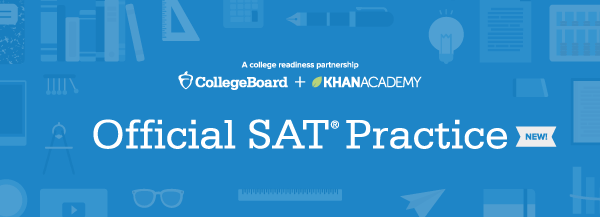Khan Academy are on the hunt for brilliant explainers, captivating storytellers, and those who illuminate the complex, as if by magic.
From May 18-June 21, Khan Academy are seeking video submissions from anyone and everyone with a passion for learning and a knack for making challenging concepts seem simple. If you love helping others understand the world, send them two of your videos!
Learn more about our talent search
Winners will be featured on the Khan Academy website and flown to California to collaborate with and learn from the Khan Academy and YouTube teams.
Khan Academy are looking for videos that demonstrate real passion for the material, cover the concepts deeply and rigorously, and feel conversational—as if your kind, insightful friend is clearly explaining a complicated concept to you at your kitchen table.
If that sounds like you, they'd love to check out two of your videos. If that sounds like someone else you know, share this with them on Facebook, or forward them this link.
From May 18-June 21, Khan Academy are seeking video submissions from anyone and everyone with a passion for learning and a knack for making challenging concepts seem simple. If you love helping others understand the world, send them two of your videos!
Learn more about our talent search
Winners will be featured on the Khan Academy website and flown to California to collaborate with and learn from the Khan Academy and YouTube teams.
Khan Academy are looking for videos that demonstrate real passion for the material, cover the concepts deeply and rigorously, and feel conversational—as if your kind, insightful friend is clearly explaining a complicated concept to you at your kitchen table.
If that sounds like you, they'd love to check out two of your videos. If that sounds like someone else you know, share this with them on Facebook, or forward them this link.



